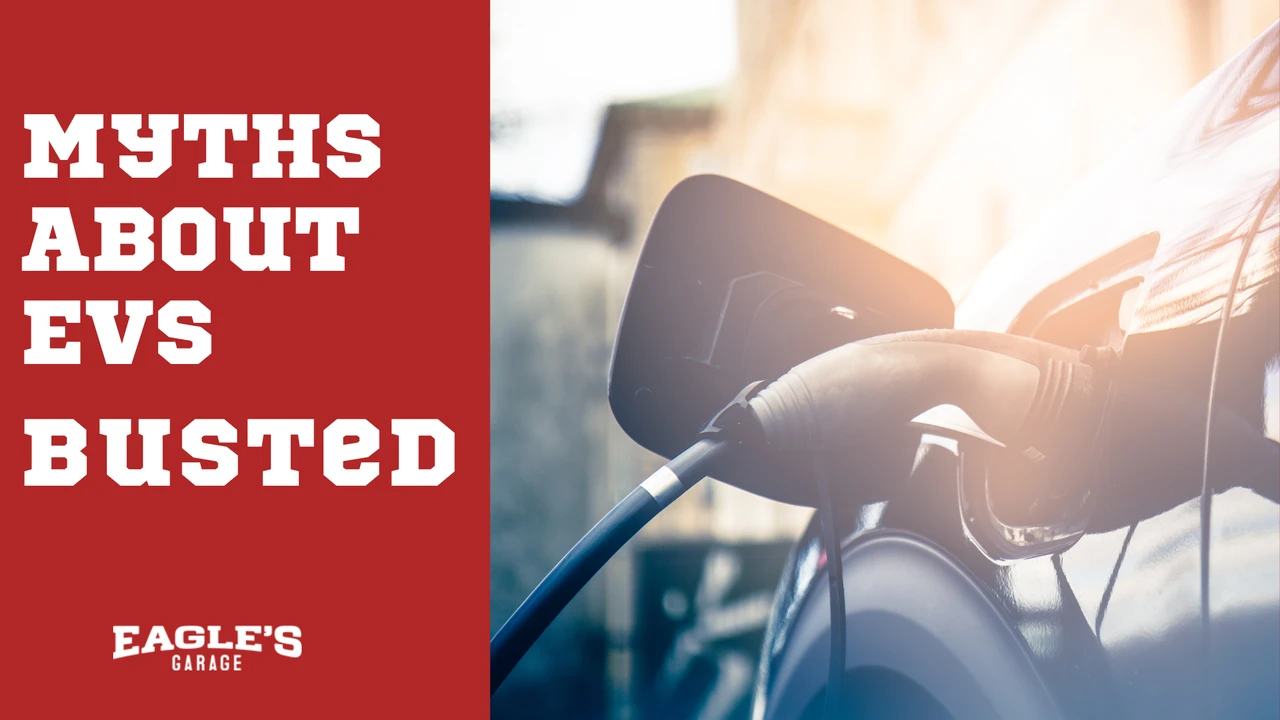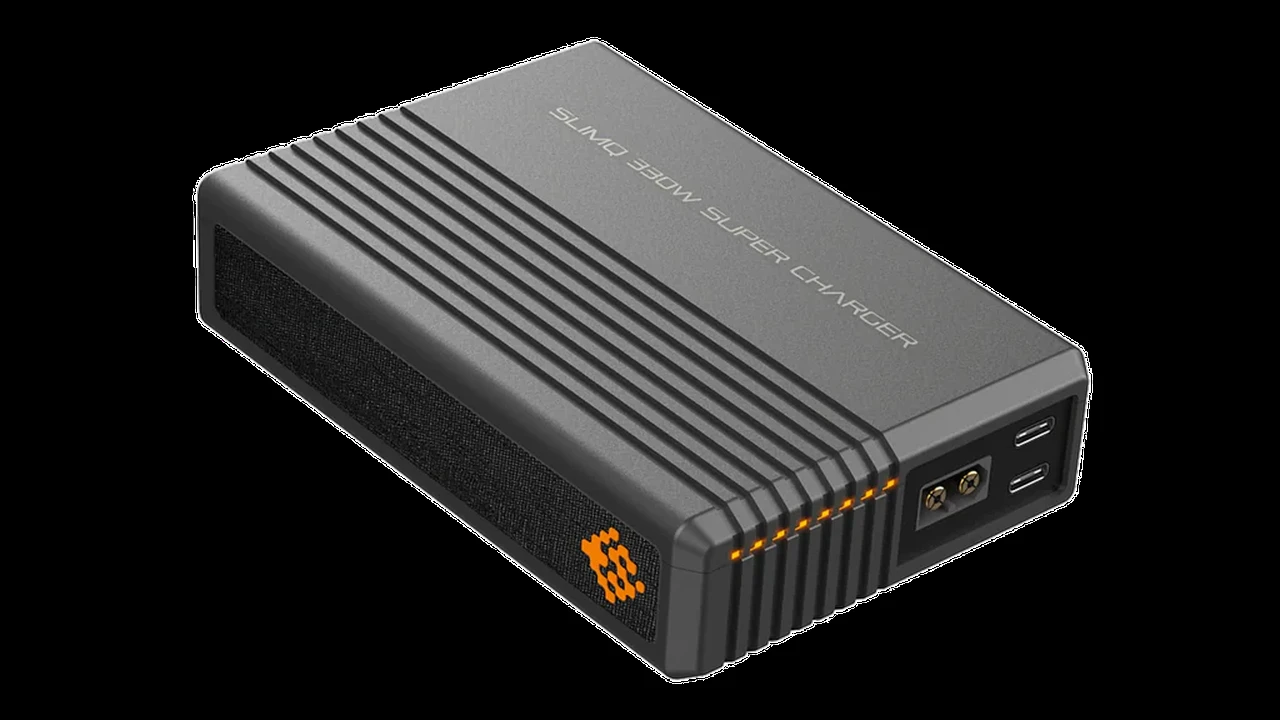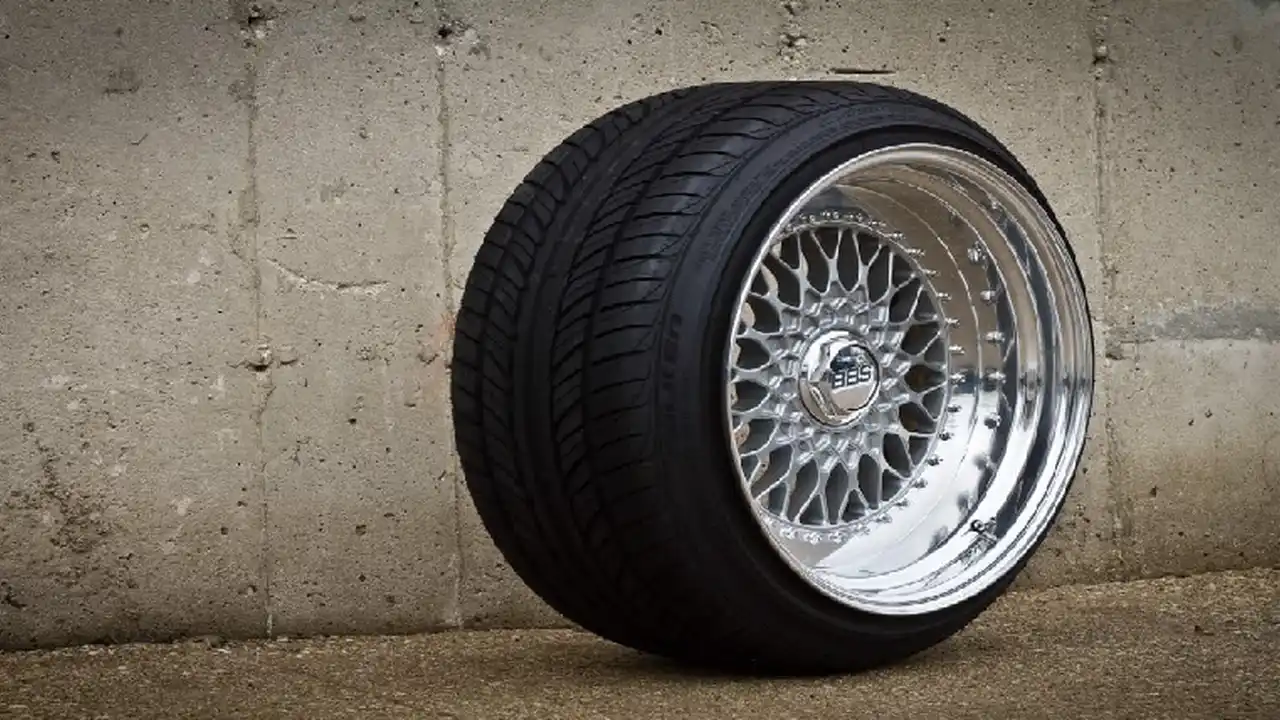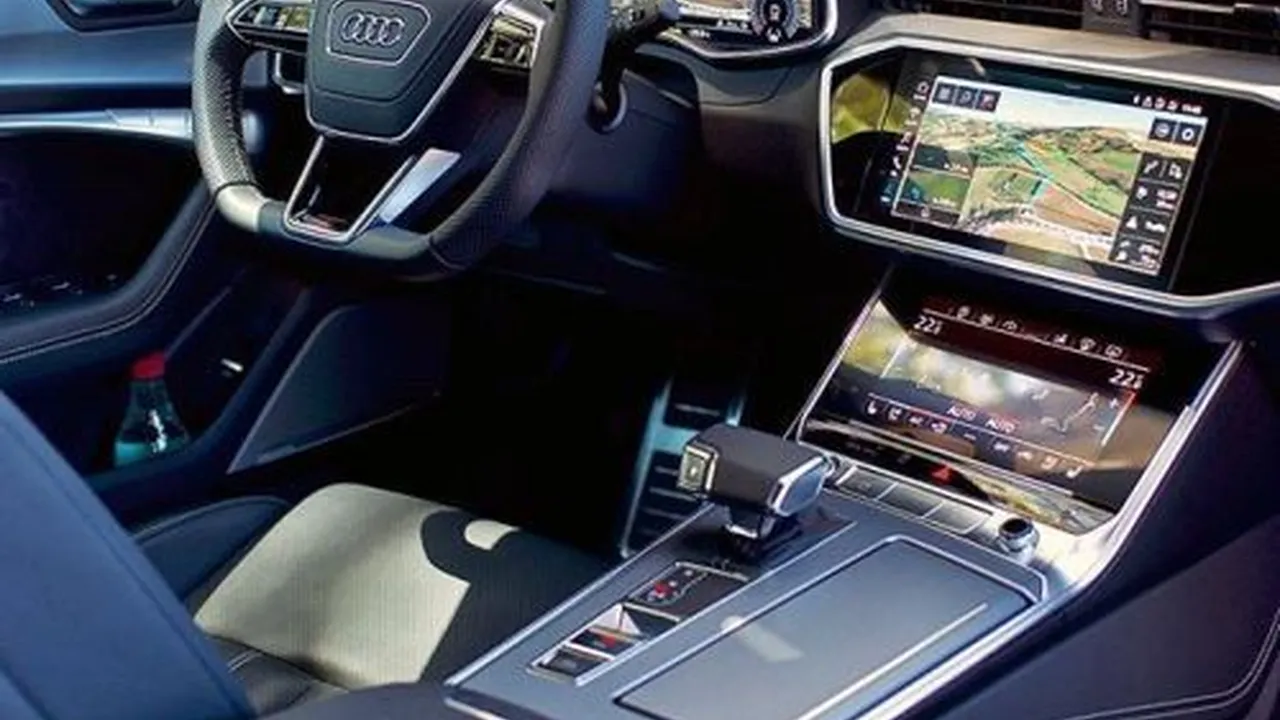7 Common EV Performance Myths Debunked

There are many misconceptions about electric vehicle performance. We debunk 7 common myths about EV range, charging, and reliability. Get the facts about EV performance and make informed decisions about electric vehicle ownership.
EV Range Myths Debunked What You Need to Know
Okay, let's dive into some common myths about electric vehicle (EV) performance. You've probably heard a few of these floating around, and it's time to set the record straight. We're going to debunk seven widespread misconceptions, giving you the real deal on EV range, charging, and overall reliability. Knowing the truth helps you make informed decisions, whether you're an EV owner already or just considering making the switch.
Myth 1 All EVs Have Limited Range Understanding EV Range
This is a big one. People often think that all EVs have tiny ranges, barely enough to get you to the grocery store and back. That was maybe true a decade ago, but things have changed drastically! Modern EVs offer a wide range of distances you can travel on a single charge. For example, the Tesla Model 3 Long Range can travel over 300 miles. The Chevy Bolt can easily manage over 250. Even more affordable options are hitting the market with ranges exceeding 200 miles. So, range anxiety is becoming less and less of a concern as technology improves and battery capacity increases.
Myth 2 Charging Takes Forever Debunking EV Charging Times
Another common misconception is that charging an EV is a long, drawn-out process that takes all day and night. While it's true that plugging into a standard wall outlet (Level 1 charging) can be slow, taking upwards of 20 hours for a full charge, that's not the only option. Level 2 chargers, which are commonly installed at homes and public charging stations, can significantly reduce charging times. With a Level 2 charger, you can often fully charge your EV overnight. And then there's DC fast charging, which can add a significant amount of range (like 200 miles) in just 30 minutes. DC fast charging is perfect for road trips and quick top-ups.
Myth 3 EVs Can't Handle Cold Weather EV Performance in Cold Climates
Cold weather *does* impact EV range, but not as drastically as some might think. Colder temperatures can reduce battery performance because the chemical reactions inside the battery slow down. However, EV manufacturers are constantly improving battery technology and thermal management systems to mitigate this effect. Many EVs now have features like battery preconditioning, which warms the battery before you start driving, maximizing its efficiency. Plus, using the heater inside the car draws power, reducing the overall range. But, again, it’s not a deal-breaker. You can also precondition the cabin while plugged in, using grid power instead of battery power.
Myth 4 EVs Are Only for City Driving Electric Vehicles and Long Distances
While EVs are great for city commutes, they’re certainly not limited to urban environments. The growing network of public charging stations makes long-distance travel in an EV increasingly feasible. Apps like PlugShare and A Better Routeplanner help you plan your route, showing you where charging stations are located along the way. Sure, you might need to stop and charge for a bit, but that’s a good opportunity to stretch your legs and grab a coffee. Tesla's Supercharger network is especially robust, making road trips in Teslas incredibly convenient. Plus, the increasing range of new EVs means fewer charging stops are needed.
Myth 5 EVs Are Expensive to Maintain Low Maintenance EV Vehicles
Actually, EVs typically require *less* maintenance than gasoline cars. They have fewer moving parts, so there are fewer things that can break down. You don't need oil changes, spark plug replacements, or exhaust system repairs. Brake wear is also reduced thanks to regenerative braking. The main maintenance items for EVs are tire rotations, wiper blade replacements, and occasional battery checks. While battery replacements can be expensive, they are typically covered by lengthy warranties (often 8 years or 100,000 miles) and are becoming less frequent as battery technology improves. Over the life of the vehicle, you will likely save money on maintenance compared to a traditional car.
Myth 6 EVs Are Not Powerful Enough EV Acceleration and Performance
Have you ever been in a Tesla accelerating from 0 to 60 mph in under 4 seconds? Many EVs offer instant torque, meaning they can accelerate very quickly. Electric motors deliver power immediately, providing a thrilling driving experience. Even non-performance-oriented EVs often feel surprisingly quick and responsive. The smooth, quiet acceleration of an EV is one of its most appealing features. Forget the image of EVs being slow and sluggish; many are downright fast!
Myth 7 EV Batteries Need to Be Replaced Every Few Years EV Battery Lifespan
This is a major concern for many potential EV buyers. The reality is that EV batteries are designed to last a long time. Most manufacturers offer warranties that cover the battery for at least 8 years or 100,000 miles. Studies have shown that EV batteries typically retain a significant amount of their original capacity even after many years of use. Battery degradation is a factor, but it's usually gradual and predictable. With proper care, an EV battery can easily last for 10 years or more.
Recommended Products and Scenarios for EV Performance Enhancement
Beyond debunking myths, let's explore some products that can enhance your EV's performance and address some of the real-world challenges EV owners face.
Product Recommendation 1 The WeBoost Drive Reach Cell Phone Booster Enhancing Connectivity
Scenario: Long road trips in areas with spotty cell service. This is especially important when relying on navigation apps, streaming music, or staying connected for work.
Description: The WeBoost Drive Reach is a powerful cell phone signal booster designed for vehicles. It amplifies existing cell signals, providing more reliable connectivity in areas with weak coverage. This is crucial for maintaining navigation, streaming, and communication while on the road.
Comparison: Compared to other boosters like the SureCall Flare DB+, the WeBoost Drive Reach offers a stronger signal boost and wider coverage area. The SureCall is more budget-friendly but less powerful.
Price: Approximately $500.
Product Recommendation 2 The Thule Vector Cargo Carrier Expanding Cargo Capacity
Scenario: Road trips or family vacations where you need extra storage space for luggage, camping gear, or sports equipment.
Description: The Thule Vector is a premium cargo carrier that mounts to your EV's roof rack. It provides a secure and weatherproof storage solution, freeing up space inside the vehicle. It's aerodynamically designed to minimize drag and impact on range.
Comparison: Compared to cheaper options like the SportRack Vista XL, the Thule Vector offers superior build quality, security features, and aerodynamic performance. The SportRack is more affordable but less durable and may impact range more noticeably.
Price: Approximately $1000 - $1500 depending on size.
Product Recommendation 3 The Autel MaxiCharger Home 50A Level 2 Charger Faster Home Charging
Scenario: Home charging solution that offers faster charging speeds than a standard Level 1 charger. This is ideal for EV owners who want to quickly replenish their battery overnight.
Description: The Autel MaxiCharger Home 50A is a Level 2 EV charger that can deliver up to 50 amps of power. This significantly reduces charging times compared to Level 1 charging. It also offers smart features like Wi-Fi connectivity, remote monitoring, and scheduling.
Comparison: Compared to other Level 2 chargers like the Tesla Wall Connector, the Autel MaxiCharger Home 50A is compatible with all EVs and offers more advanced features. The Tesla Wall Connector is primarily designed for Teslas but can be used with other EVs with an adapter.
Price: Approximately $600 - $800.
Product Recommendation 4 The Garmin DriveSmart 66 GPS Navigator Reliable Navigation System
Scenario: Navigation in areas with poor cell service or when you prefer a dedicated GPS device over relying on your smartphone.
Description: The Garmin DriveSmart 66 is a dedicated GPS navigator with a large, easy-to-read display. It offers preloaded maps, voice-activated navigation, and real-time traffic updates. It's a reliable alternative to smartphone-based navigation, especially in areas with weak cell coverage.
Comparison: Compared to using Google Maps or Waze on your smartphone, the Garmin DriveSmart 66 doesn't rely on cell service and offers a distraction-free navigation experience. Smartphone apps are convenient but can drain your phone's battery and may not work in areas with no cell signal.
Price: Approximately $200 - $300.
:max_bytes(150000):strip_icc()/277019-baked-pork-chops-with-cream-of-mushroom-soup-DDMFS-beauty-4x3-BG-7505-5762b731cf30447d9cbbbbbf387beafa.jpg)






 for EVs: Keeping Your Eyes on the Road.webp)